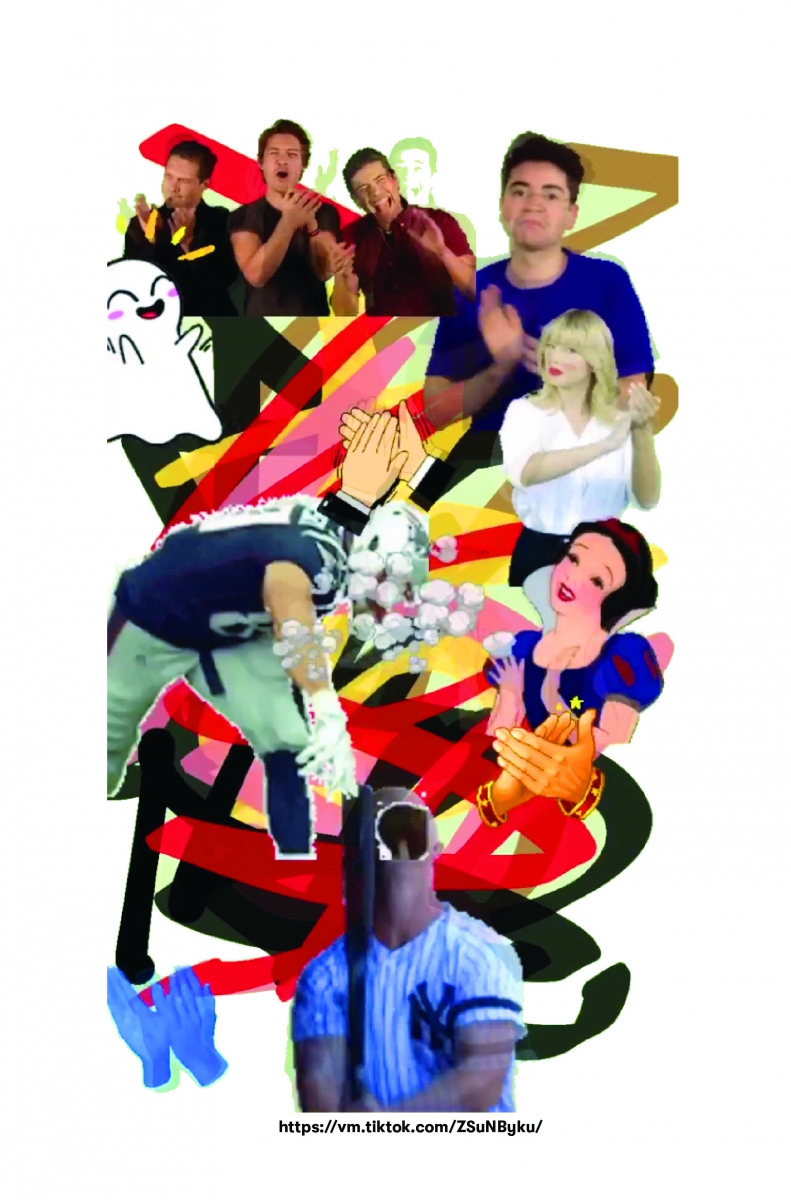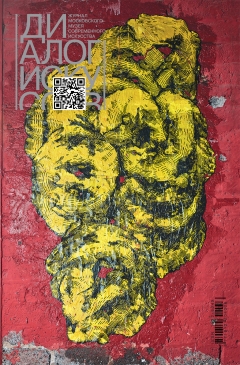
|
The new ethics, which appeared only recently as a concept, has been instantly demonized and discussed everywhere from kitchens to the most popular media. The changes are shaking not only the sphere of corporeality and body boundaries, but also the spheres of professional relations, of interaction in the family (which was previously considered closed and inviolable for outside interference) as well as language and of course the field of culture and art – which until recently many people have risen above others because of its special influence on the masses. Accordingly, it has given a special status of permissiveness to the great geniuses who belong to this system. But suddenly, for some reason, it’s no longer possible for them to do anything they want (although it is fair to say that this change has not completed yet). The new ethics question (rather than prohibit) not only the forms of expression but also the context in which the work is created, insisting on unprecedented positions. What is great does not cease to be great if, in the course of its creation, harm is done to those who were previously considered insignificant in comparison to the genius and the opportunity for all humanity to know this genius – but the need for such greatness is questioned. This fact has been perceived by many opponents of the new ethics as an unambiguous cultural regression that will cause humanity to lose something very important to itself. But what is humanity, and what is important to it? As art historian Griselda Pollock wrote, “the appeal to a universal human nature is still an alibi for a domination and exclusion.” It turned out that there is no universal human being. Instead, there are groups and cells of all kinds of people who have been vaguely lacking something all along, but with the invention of a new language and new concepts, it has finally become clear what it is – freedom, what the universal human being had, and the restriction of which the “universal human being” is trying to pass off as restriction of freedom itself. The new ethics are part of the coveted technical progress for which Westerners have been praying for 150 years. There is a great irony in the fact that a phenomenon so masculine in its origins (because at the dawn of technology and in the era of the division of spheres into private and public promotion and creation of technology was solely a male affair) has made possible the transformation that we are now seeing. But without this transformation, “progress” would have stopped, and it is impossible to imagine how it would have developed in another direction. Then, what conservatives are sad about, calling it a regression and an obstacle to the development of culture, art or whatever, is a factor that prevents progress from stopping, from slowing down. This is the amazing paradox of the new era. Those who are frightened by the bonfire of the new ethics can be sure that the re-invention of language cannot be stopped, and this is not an artificial imposition of a certain party committee, but a humanity finally acquiring a voice (or voices) in all its diversity.




